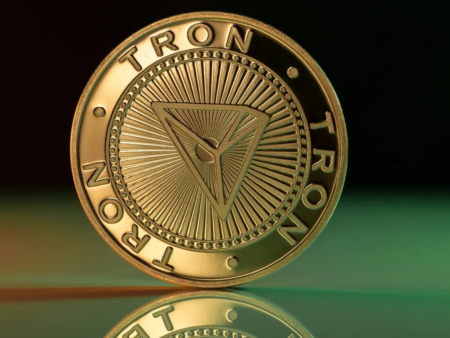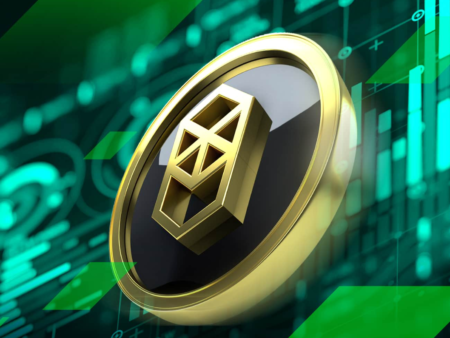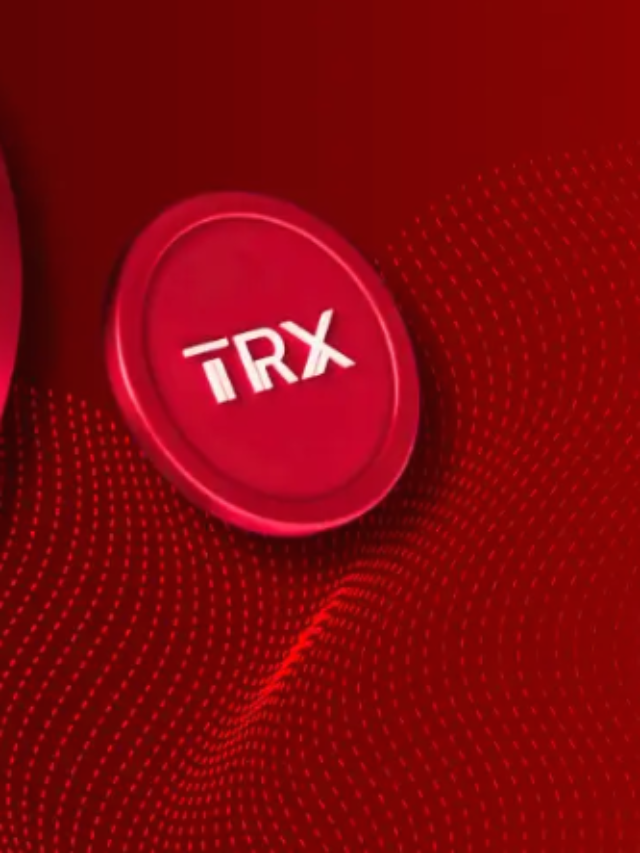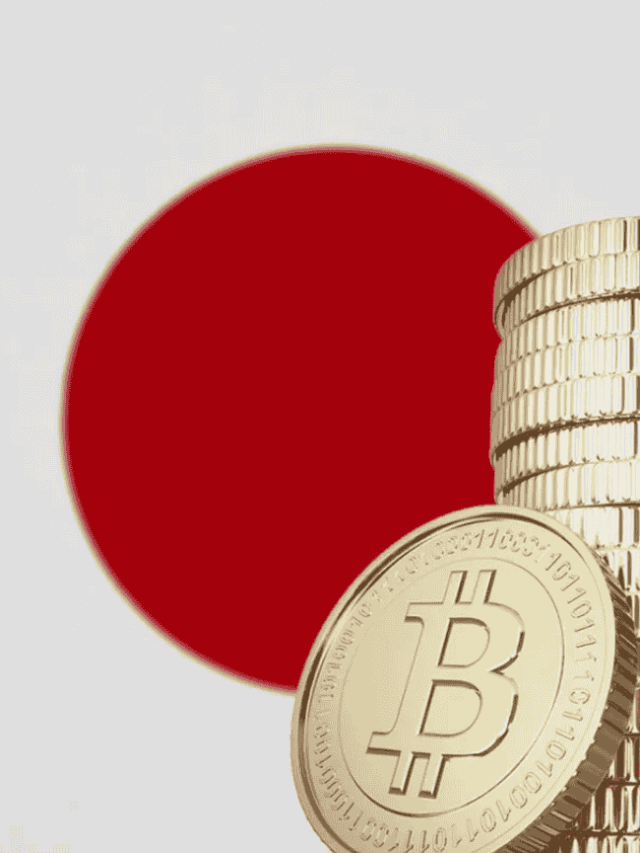Cryptocurrencies have changed finance and investment in many ways. From a niche interest in 2009 with the birth of Bitcoin, digital currencies today have forged their way onto center stage as a mainstream financial tool. Though the Bitcoin cryptocurrency often controls the lion’s share of such discussions, it represents but the tip of the iceberg in the huge, dynamic world of cryptocurrencies. Lying beneath the surface is a lesser-discussed but equally diverse ecosystem of alternative digital currencies, oftentimes labeled altcoins. These alternatives to Bitcoin present investors with unique opportunities, accompanied by unique risks. Understanding these factors is key to entering the bitcoin market and making prudent investment decisions.
What Are Altcoins?
Altcoins are so-named because the name is short for “alternative coins.” In other words, they are all cryptocurrencies other than Bitcoin. Since the inception of Bitcoin, there have been many, many other digital currencies created. There are altcoins that work on improving the technology of Bitcoin and those that offer completely new features and use cases.
Take Ethereum, for example, the second-best-known altcoin. This digital currency introduced smart contracts: self-executing contracts whereby the agreement’s terms are written directly into the code. The facilitation of this feature has opened pathways for dApps and DeFi platforms. Ripple is another popular altcoin under the ticker XRP, focusing on a niche by offering quick and cheap cross-border settlements while targeting the banking and financial services vertical. This is due to the fact that diversity among the altcoins themselves provides an investor with a wide discretion of options that might potentially be chosen, as each will have its individual benefits and challenges.
With diversity comes additional complexity. Not all altcoins are created equal, and some have robust, well-developed ecosystems with strong, active developer communities, while others may lack a clear purpose or be plagued by poor management. Therefore, investors entering the market in altcoins must go in with their eyes open regarding specific coins in which they may be interested, as well as the overall market dynamics at work.
Why Invest in Altcoins?
The reasons for which this or that bitcoin is worth investing in turn out to be great. The first reason is that many altcoins are much cheaper compared with Bitcoin and hence more available for the greater part of people. In those cases when the high value of Bitcoin turns out to be some kind of barrier to entering, altcoins offer a more affordable way to get into the cryptocurrency market.
Second, most altcoins have a particular difference from Bitcoin. This may include the speed of transactions, higher scalability, very minimal fees, improved privacy, or even use cases for smart contracts or even decentralized finance. This might drive up their prices with great force in cases where such altcoins gain mainstream traction and widespread usage.
Thirdly, investment in altcoins can provide diversification to a cryptocurrency portfolio. Diversification is a basic tenant of investment that helps the investor spread the risk and increase potential returns. By investing in various types of altcoins, one reduces his or her exposure to the volatility of any one cryptocurrency, thereby making his or her overall portfolio resilient in case of market fluctuations.

Altcoins
Key altcoin investing strategies
1. Do Your Research
The basis for successful investment in altcoins demands artful research. With several thousand altcoins in circulation, it is at this end that one must understand the technology, purpose, and potential of the various coins. This research should, at the minimum, cover aspects like the underlying technology of the altcoin, the team behind its development, what solution it tries to offer, and any use cases that can be possible.
The technology behind an altcoin is important, as it speaks volumes about the long-term viability of that particular coin. An example is the functionality of Ethereum in building smart contracts, which has managed to place it as one of the leading platforms in terms of decentralized applications. This alone makes it one of the most viable altcoins out there. Secondly, an altcoin’s success is also highly influenced by its development team. A powerful and experienced team with a striking vision could drive the development and adoption of a coin, while a weak or inexperienced team may fail to deliver on promises.
Other significant aspects are market trends and possible use cases. Certain altcoins may ride on the wave of hype and hence may not have any real-world applications, which might make them extremely susceptible to market correction. Thorough research can enable you to separate wheat from the chaff by removing all those altcoins that will not do well and finding out those having real potential.
2. Diversify Your Portfolio
Diversification is generally one of the vital ways to handle risk for any investment portfolio; thus, altcoin investing is no different. The price of cryptocurrency fluctuates significantly at times within the hour. Spreading your investments across several altcoins can shrink the negative impact of bad performance by any single coin on your general portfolio.
Diversification should be done in many ways with various use cases, technologies, and market positions. This way, you can ensure your portfolio is diversified and not heavily reliant on any specific sector or even technology in cryptocurrency markets. You might invest in some coins positioned on smart contracts, others on privacy, and others positioned for cross-border payments. This means that when the other sectors struggle, probably another one might perform and therefore balance your overall returns.
3. Invest Small
It will make much sense for someone who is new to the investment of altcoin to invest in a small amount of capital. The altcoin market, at times, is really unpredictable, and it can get very easy to get overwhelmed with the potential profits expected from the excitement. This may lead one to overinvest with possible huge financial losses once the market turns against him/her.
Starting with a small investment allows you to learn how the market works, understand the peculiar dynamics of altcoins, and build up your investment strategy without exposing yourself to too much risk. Gradually, you can increase your investment as you become more familiar with the market and more confident in your investments.
4. Stay Updated
The cryptocurrency market is seriously swift in its pace, accompanied by frequent changes. New regulations, technologies that keep on getting advanced, or even market trends can strongly influence the value of altcoins. To succeed as an investor, the key will lie in keeping abreast of what’s new in the market.
This would include following cryptocurrency news, joining online communities, and tracking the market’s movement. Being updated puts you in a position where you can make wise decisions on time and capitalize on new opportunities or nip risks in their bud before they scale.
Knowing the Risks of Investing in Bitcoins
1. Market Volatility
Perhaps the greatest risks in investing in altcoins relate to market volatility. Unlike conventional capital markets, prices within the cryptocurrency market can see extreme changes within a very short period. This tends to provide huge gains, but it also means that losses can be similarly heavy.
For example, an altcoin might have a very sharp increase in price due to some positive news or speculation, only to plummet just as quickly when the market corrects itself. As such, investors need to be prepared for these fluctuations and avoid impulsive decisions according to changes in short-term prices.
2. Regulatory Risks
Regulatory environments are still developing for the world of cryptocurrencies, and jurisdictions have taken different approaches towards the regulation of different cryptocurrencies. Sometimes, governments introduce strict regulations or a total ban on a class of cryptocurrencies. The changes in regulations have an immediate impact on the valuation of altcoins.
For example, the announcement of new regulations by a government that restrict the use of a particular altcoin can make its value drop drastically. Investors therefore have to be aware of what is happening with regard to regulation within those countries where they aim to invest and be ready for any further changes that could potentially affect their portfolio.
3. Security Concerns
The other big concern in the market for altcoins is the issue of security. Cryptocurrency exchanges, through which one buys and sells altcoins, have targeted hacking attacks that resulted in the loss of millions of dollars in digital assets. Even the most secure exchanges are not above suffering breaches, and once stolen, cryptocurrencies are often impossible or near impossible to recover.
To mitigate this risk, investors should store their altcoins in a hardware wallet—a physical device that stores private keys offline. This provides an additional layer of security and reduces the risk of theft from online exchanges.
4. Scams and Frauds
Unfortunately, this has also made the altcoin market a haven for quite a number of scammers and fraudsters. Some types of alt7coins exist solely to scam investors. Such scam coins promise high returns but usually have little or no real technology, with no application in reality. When they have gathered enough investors, their developers might disappear with their funds, leaving investors with worthless assets.
To not get shamed, you should always check if an altcoin is real or not beforehand. Evidence of proper development is through proper whitepapers, a clear development team, and a consistent but large community. Be wary of projects that seem too good to be true, or those that are non transparent.
How to Mitigate Risks
1. Use Reputable Exchanges
The selection of a good exchange is important in buying and selling altcoins. First, there is more security against hacking or fraud in reputable exchanges. They are also more likely to provide more reliable customer support in case any problem should arise with an account or transaction.
When you choose an exchange, make sure to go for one that is of good repute and truly secure, enjoying good reviews from users. Avoid unknown exchanges, as such websites might not have all the security measures put in to guarantee their investment safety.
2. Invest What You Can Afford to Lose
As the altcoin market is highly speculative, one should invest only that amount which one can afford to lose. This is because the high return possibilities entail a corresponding level of risk, and one can always run into a situation where the loss may extend to the entire amount of investment.
Then, in that case, by investing only in an amount that one can afford to lose, there is no financial stress if the market turns against him. This will also keep a long-term perspective in front of one’s eyes to ride out market volatility without panicking.
3. Be patient
Patience is a virtue in investing in altcoin. The market can change so unpredictably, and the prices may not increase fast enough. However, impulsive decisions by short-term market movement bring huge losses.
In doing so, become a long-term investor and remain patient. Allow your investments to grow over time without being in a hurry to sell immediately should things get ugly. By being patient, you are likely to have more success in the long run in the altcoin market.
Conclusion
It is rewarding and, at the same time, very challenging to invest in altcoins. Where there is a real possibility of high returns on investment, the risks are equally real. A proper understanding of what altcoins are, why they may be worth investing in, and how associated risks can be mitigated will go a long way toward ensuring that informed decisions are taken to give you as much success as possible in this dynamic world of cryptocurrencies.
Note: The formula for successful investment in altcoins involves the incorporation of extensive research, portfolio diversification, risk management, and, not least but last, patience. You can successfully sail through the altcoin market with confidence by following these key principles and potentially reaping rewards on your investment.



















